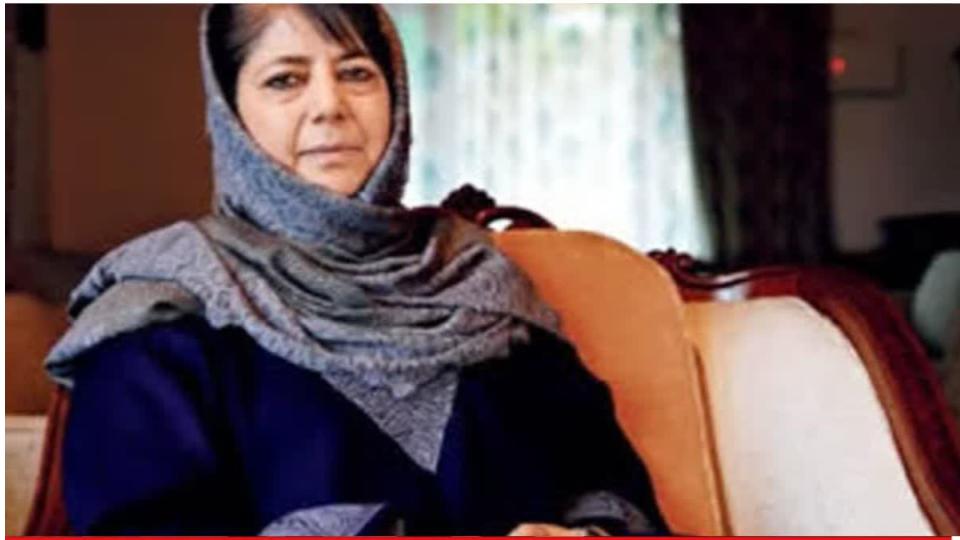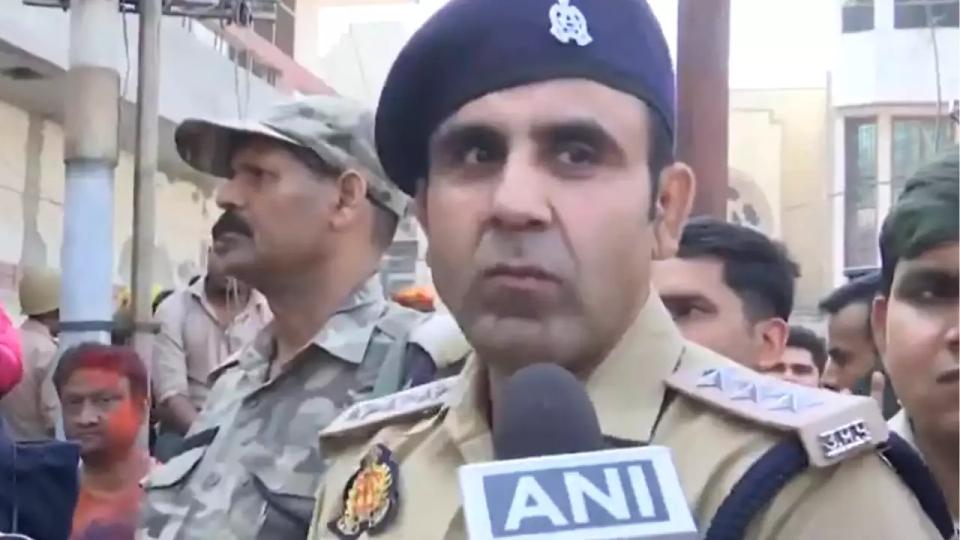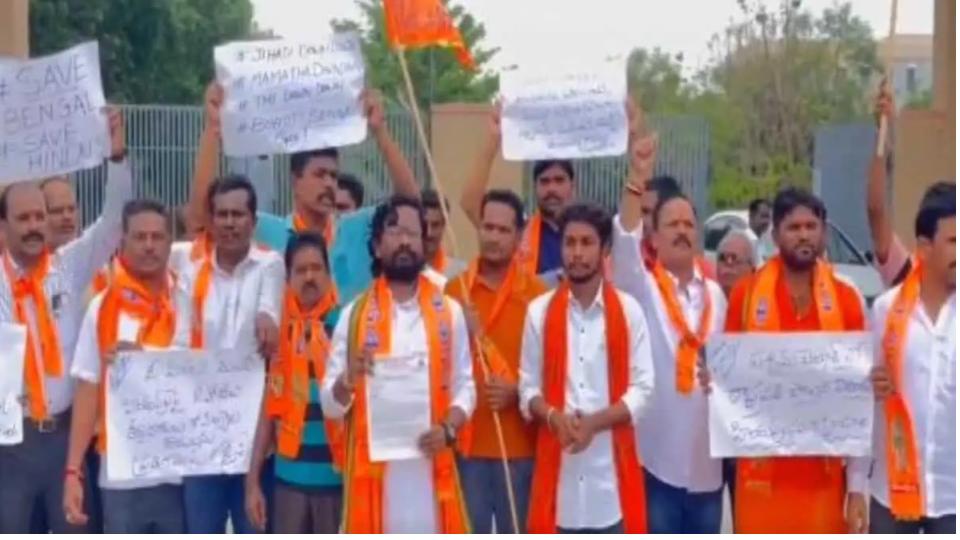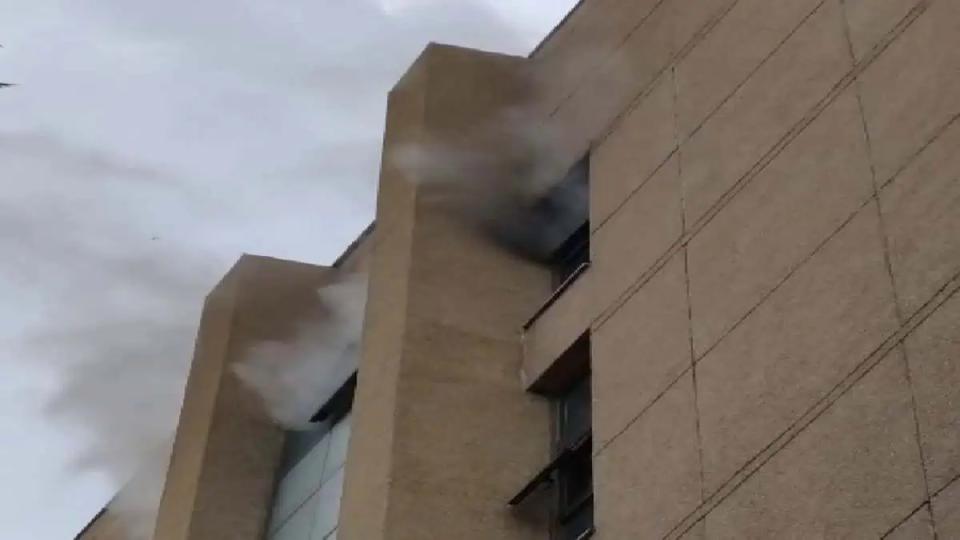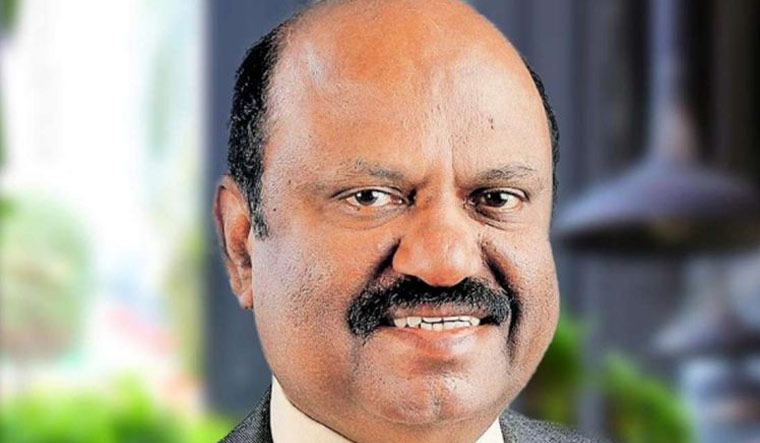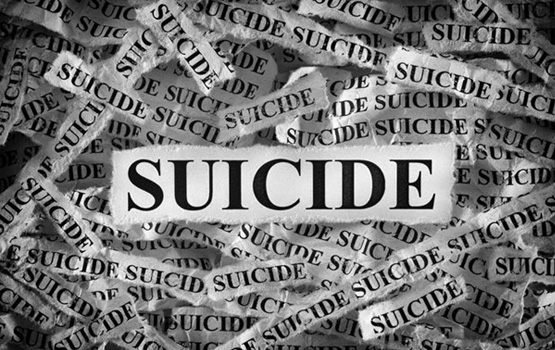Facebook acknowledges russian activity as early as 2014
Wed 28 Nov 2018, 11:42:23
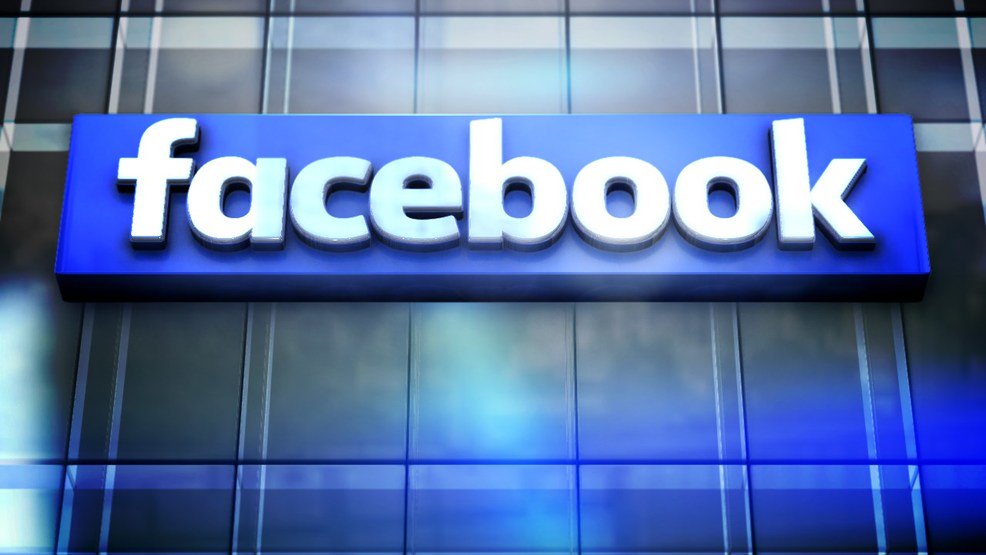
Facebook has acknowledged that its engineers had flagged potentially malicious Russian activity as early as 2014, long before it became public but did not confirm evidence of a coordinated campaign. The revelation came as the British parliament held hearings featuring lawmakers from nine countries into how the social media behemoth was being used to manipulate major election results.
Facebook chief executive Mark Zuckerberg refused to attend the meeting and organisers pulled up an empty chair in front of a spot featuring his nameplate at the shoehorn-shaped table
in the House of Commons committee room in London.
in the House of Commons committee room in London.
Zuckerberg's company is reeling from a series of crises linked to its handling of alleged Russian meddling in both the 2016 US presidential election and that year's British referendum on leaving the EU.
Committee chief Damian Collins said he reviewed internal Facebook emails showing the company's engineers telling management in October 2014 that Russian IP addresses were accessing three billion data points a day on the network.
No Comments For This Post, Be first to write a Comment.
Most viewed from International
Most viewed from World
AIMIM News
Latest Urdu News
Most Viewed
May 26, 2020
Do you think Canada-India relations will improve under New PM Mark Carney?
Latest Videos View All
Like Us
Home
About Us
Advertise With Us
All Polls
Epaper Archives
Privacy Policy
Contact Us
Download Etemaad App
© 2025 Etemaad Daily News, All Rights Reserved.

.jpg)






.jpg)
.jpg)

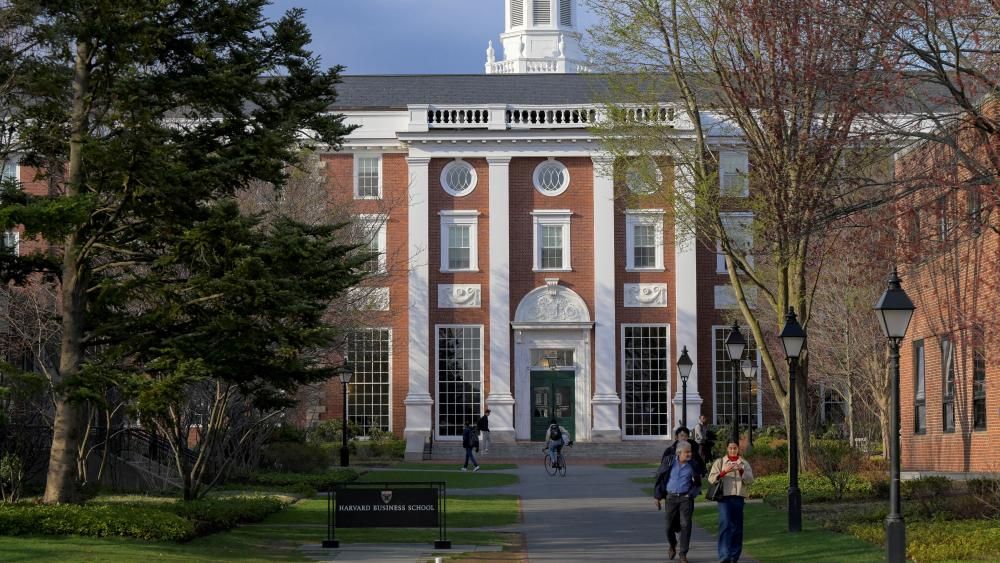
.jpg)
.jpg)
.jpg)
.jpg)
.jpg)
.jpg)
